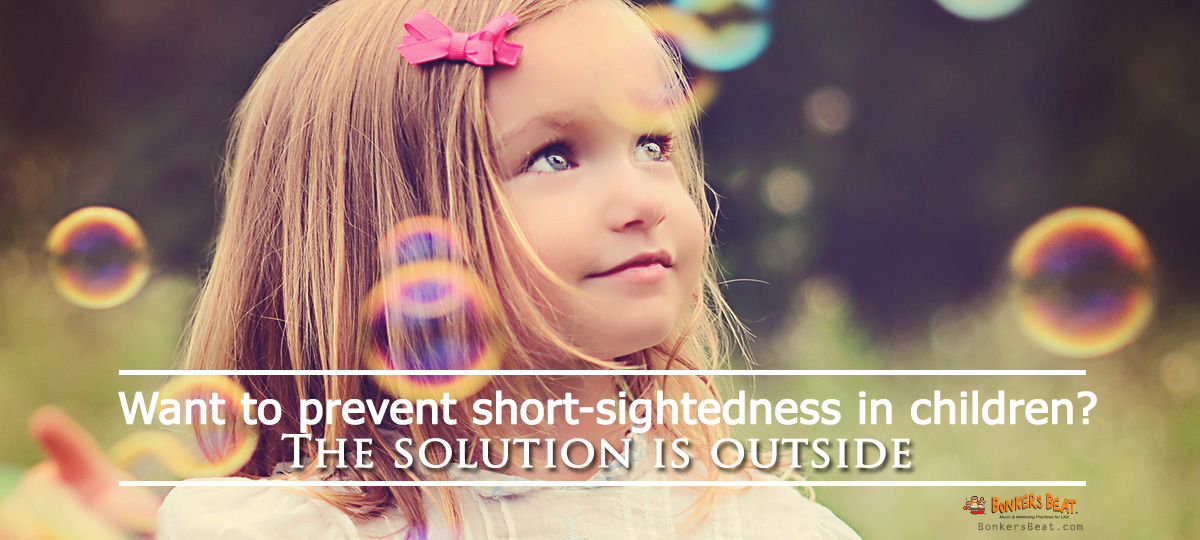We all know that children aren’t spending as much time outdoors as they used to, but now we are beginning to see the impact on their health – most recently, their eyesight.
Ground-breaking research released this month from a Queensland University of Technology study indicates that more exposure to outdoor light is crucial to reduce the epidemic of short-sightedness in children.
Short-sightedness, or ‘myopia’, has often been blamed on sitting too close to screens, but optometrist and head of research in the study, Associate Professor Scott Read said: “While screens are contributing to children spending more time indoors than in previous years, the research shows they are not the direct cause of the increased incidence of myopia”.
With this new research, tomorrow’s Earth Day is beneficial not only to show children how to take care of the planet but also to benefit their health and renew their love for the outdoors.
Get Outside for Earth Day
That’s right, Friday 22 April is Earth Day – a day dedicated to our home! It’s no secret that the Bonkers Beat programs are passionate about sustainable practices and learning about the world around us, as well as creating amazing outdoor spaces at centres.
The official Earth Day website tells us that one of the easiest and most effective ways of contributing on Earth Day is by planting trees. Lucky for us living and breathing early childhood education, many children love digging in dirt!
If you aren’t able to locate somewhere to plant trees, even herbs and plants are simple ways of communicating the message and reaping the benefits of children getting close to nature. Register your event or find one here.
Trees are all around us, big, small, flowering, homes for birds and other animals – let’s get children talking about them, planting them, admiring them! Preventing short-sightedness in children in just one of the many benefits of spending more time outdoors. The more children love and appreciate the outdoors, the more likely they are to go outside – and we know how important that is.
Read more about the QUT study on outdoor light and short-sightedness here.

